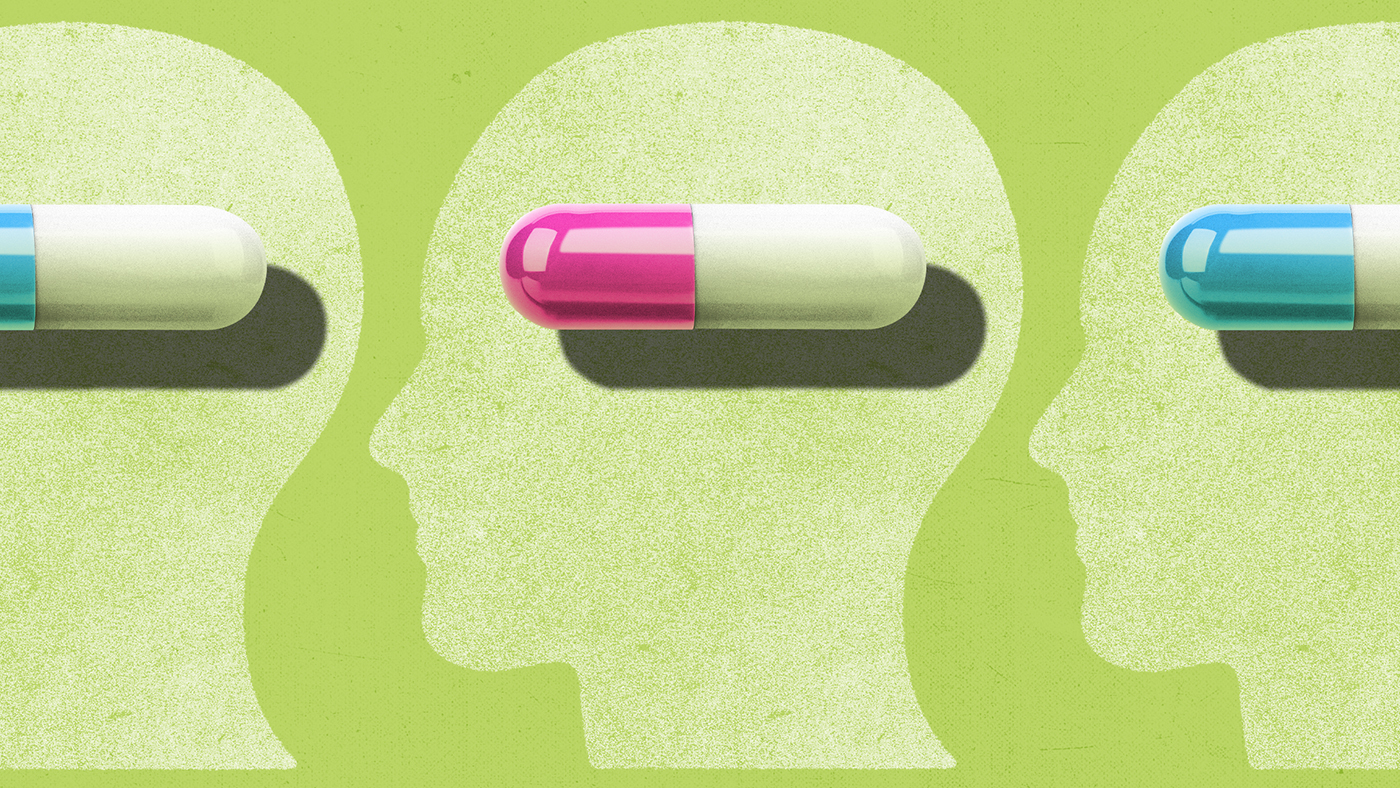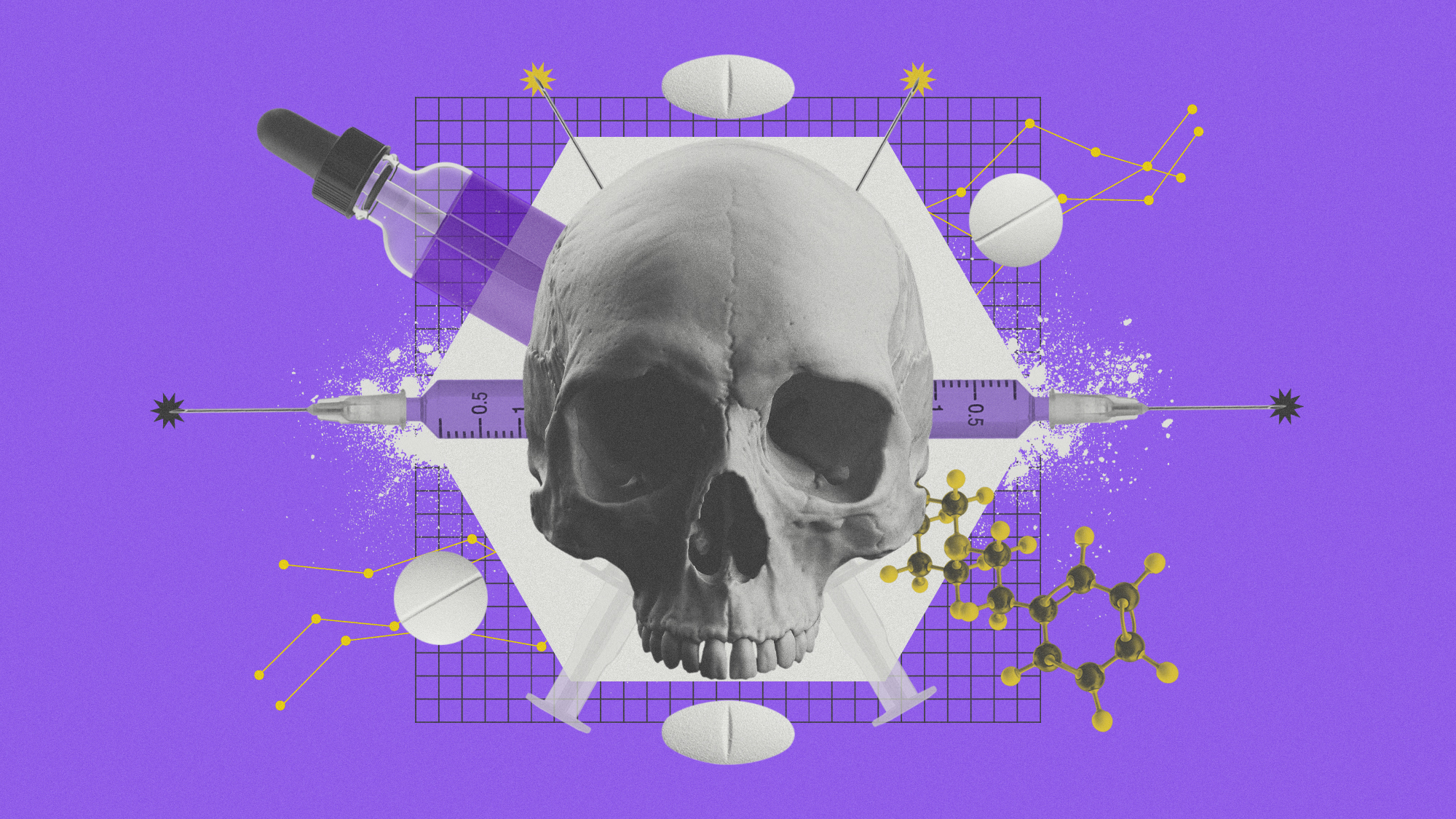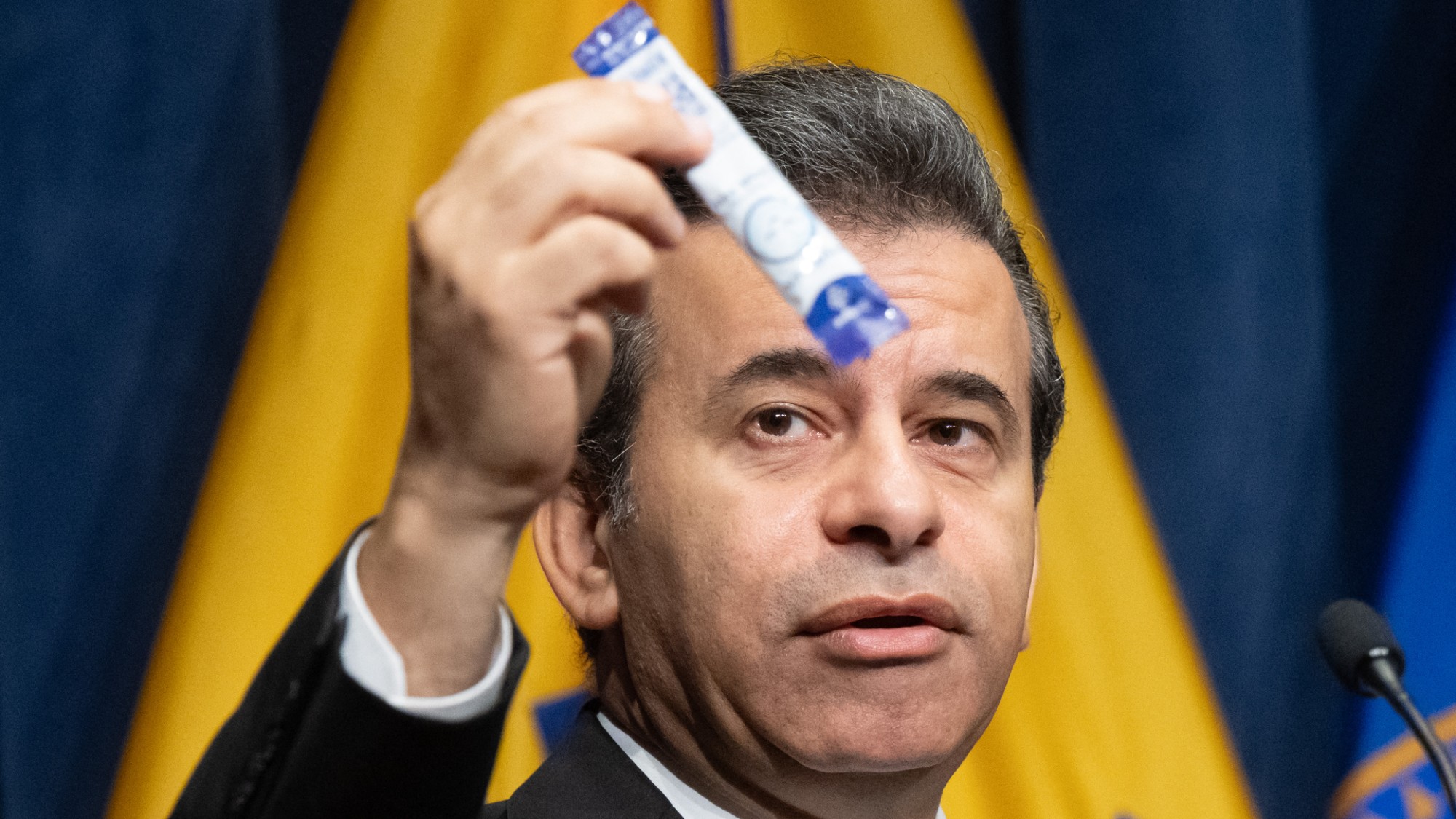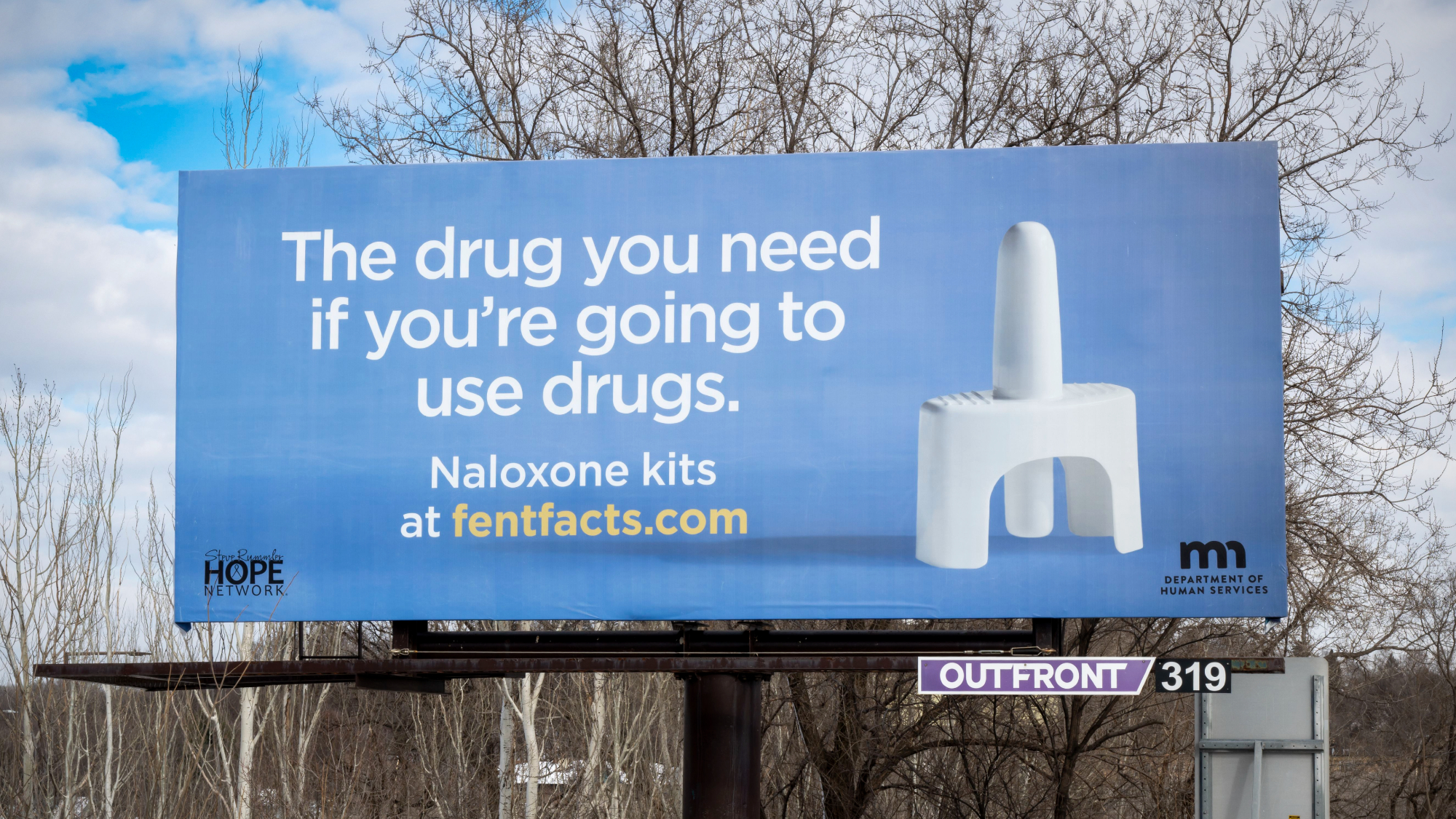Nootropics: do brain-boosting drugs work and are they safe?
Stimulants are readily available but experts warn ‘smart drugs’ could lead to addiction

A free daily email with the biggest news stories of the day – and the best features from TheWeek.com
You are now subscribed
Your newsletter sign-up was successful
An assortment of supplements and pills promising to boost brain activity and performance have been available to buy over the counter or on prescription for a number of years.
But addiction specialist Rehabs UK has warned that “the normalisation” of so-called nootropic products “could be fuelling a new surge in psychotropic substance addictions, with young people particularly at risk”.
So, what are nootropics?
The idea of a pill that “can supersize human intelligence” remains “decidedly science fiction”, said Time magazine. But “plenty” of professionals in drug development and research are working on nootropics, which are substances “designed to improve various aspects of cognition”.
The Week
Escape your echo chamber. Get the facts behind the news, plus analysis from multiple perspectives.

Sign up for The Week's Free Newsletters
From our morning news briefing to a weekly Good News Newsletter, get the best of The Week delivered directly to your inbox.
From our morning news briefing to a weekly Good News Newsletter, get the best of The Week delivered directly to your inbox.
Roughly translated, said Time, the word nootropic is derived “from the Greek for ‘to bend or shape the mind’”. It was used in 1972, according to Live Science, by the Romanian neuroscientist Corneliu Giurgea, who discovered the “original ‘smart drug’” in the 1960s, said the BBC. Today, these products are also known as “cognition enhancers or memory enhancing substances”, noted Medical News Today.
Nootropics can come as “pills, supplements and other substances”, and some of the “most popular” are a mix of “food-derived vitamins, lipids, phytochemicals and antioxidants”, said Time. Caffeine and nicotine are also common examples.
How common are they?
Some nootropics are available over the counter, while other medications are prescription only.
Ritalin, a controlled medication prescribed to treat attention deficit hyperactivity disorder (ADHD), “is often abused by people seeking to improve” their mental focus, said the BBC. Modafinil has been used to treat narcolepsy since the 1990s, said Metro, and has “since become widespread for its supposed focus-enhancing effects”.
A free daily email with the biggest news stories of the day – and the best features from TheWeek.com
In 2016, the UK Medicines and Healthcare products Regulatory Agency warned university students about the potential risks of taking so-called “smart drugs” to boost their productivity. Research found that 14% of students surveyed were “likely” to purchase the substances during the academic year.
In 2020, Dr Hilary McDermott at Loughborough University found that, of 506 students surveyed at 54 UK universities, 19% had taken cognitive enhancing substances. As of 2021, no universities in Britain had explicitly banned cognition enhancers, according to The Times.
How do they work and are they effective?
Different nootropics work in different ways, including improving the brain’s supply of glucose and oxygen, protecting brain tissue from neurotoxicity, and having antihypoxic effects, a 2022 review of cognitive enhancers highlighted.
The efficacy of a nootropic is dependent on a number of factors, including the substance taken, dosage, frequency and whether it interacts with any other ingredients being consumed by the individual.
Food-derived ingredients – “omega-3s in particular, but also flavonoids” – appear to boost “brain health and function”, said Time. But a 2015 medical review of these ingredients found “no convincing evidence of improvements in cognitive performance”.
That’s not to say that some nootropics can’t aid memory functionality and focus – “there just isn’t much compelling evidence to support these claims”.
Are they safe?
The allure of nootropics as a quick and easy way to boost brain function “is undoubtedly enticing”, said Live Science. But in reality, the idea remains “a dream”.
Typically, nootropics are “very well tolerated”, said Professor Pavel Tlustoš, one of the authors of the 2022 review, with side effects “rare and typically mild”. However, he stressed that “none of these substances should be used during pregnancy or breastfeeding”.
Depending on which substances are taken, Time noted that side effects may include:
- Headaches
- Anxiety
- Insomnia
But “adjusting your brain chemistry isn’t as easy as popping a pill”, says Live Science. And while psychotropics “can be hugely important to improving mental health”, there are plenty of “downsides” too. “Things can go south pretty quickly”, when “healthy people” begin taking nootropics, particularly given that some are known to be highly addictive.
Rehabs UK has warned that people should be concerned about the rising prevalence of nootropic lifestyle products. Its research found that Google searches for “magic mushroom chocolate uk” had increased by 110% from February to March this year, and 140% for “how to make magic mushroom tea”.
Founder Lester Morse warned that these searches indicate people regard psilocybin mushrooms as “‘minor’ drugs”, and aren’t necessarily taking the potential risks “seriously”. “For a growing part of the population these things can destroy their minds and lives,” Morse stressed, citing potential side effects of paranoia, massive anxiety and loss of control. “Ultimately, this is just another route to addiction for many people.”
If you’re looking for a way to boost your brain activity “in a way that is absolutely, 100% proven to be safe and effective”, then “get some exercise”, said Time.
-
 The environmental cost of GLP-1s
The environmental cost of GLP-1sThe explainer Producing the drugs is a dirty process
-
 Greenland’s capital becomes ground zero for the country’s diplomatic straits
Greenland’s capital becomes ground zero for the country’s diplomatic straitsIN THE SPOTLIGHT A flurry of new consular activity in Nuuk shows how important Greenland has become to Europeans’ anxiety about American imperialism
-
 ‘This is something that happens all too often’
‘This is something that happens all too often’Instant Opinion Opinion, comment and editorials of the day
-
 A fentanyl vaccine may be on the horizon
A fentanyl vaccine may be on the horizonUnder the radar Taking a serious jab at the opioid epidemic
-
 Nitazene is quietly increasing opioid deaths
Nitazene is quietly increasing opioid deathsThe explainer The drug is usually consumed accidentally
-
 Can TrumpRx really lower drug prices?
Can TrumpRx really lower drug prices?Today’s Big Question Pfizer’s deal with Trump sent drugmaker stocks higher
-
 The UK’s opioid crisis: why the stats don’t add up
The UK’s opioid crisis: why the stats don’t add upThe Explainer A new report has revealed that the UK’s total of opioid-related deaths could be much greater than official figures show
-
 Why the FDA wants to restrict kratom-related products
Why the FDA wants to restrict kratom-related productsIn the Spotlight The compound is currently sold across the United States
-
 US overdose deaths plunged 27% last year
US overdose deaths plunged 27% last yearspeed read Drug overdose still 'remains the leading cause of death for Americans aged 18-44,' said the CDC
-
 Trump seeks to cut drug prices via executive order
Trump seeks to cut drug prices via executive orderspeed read The president's order tells pharmaceutical companies to lower prescription drug prices, but it will likely be thrown out by the courts
-
 FDA approves painkiller said to thwart addiction
FDA approves painkiller said to thwart addictionSpeed Read Suzetrigine, being sold as Journavx, is the first new pharmaceutical pain treatment approved by the FDA in 20 years